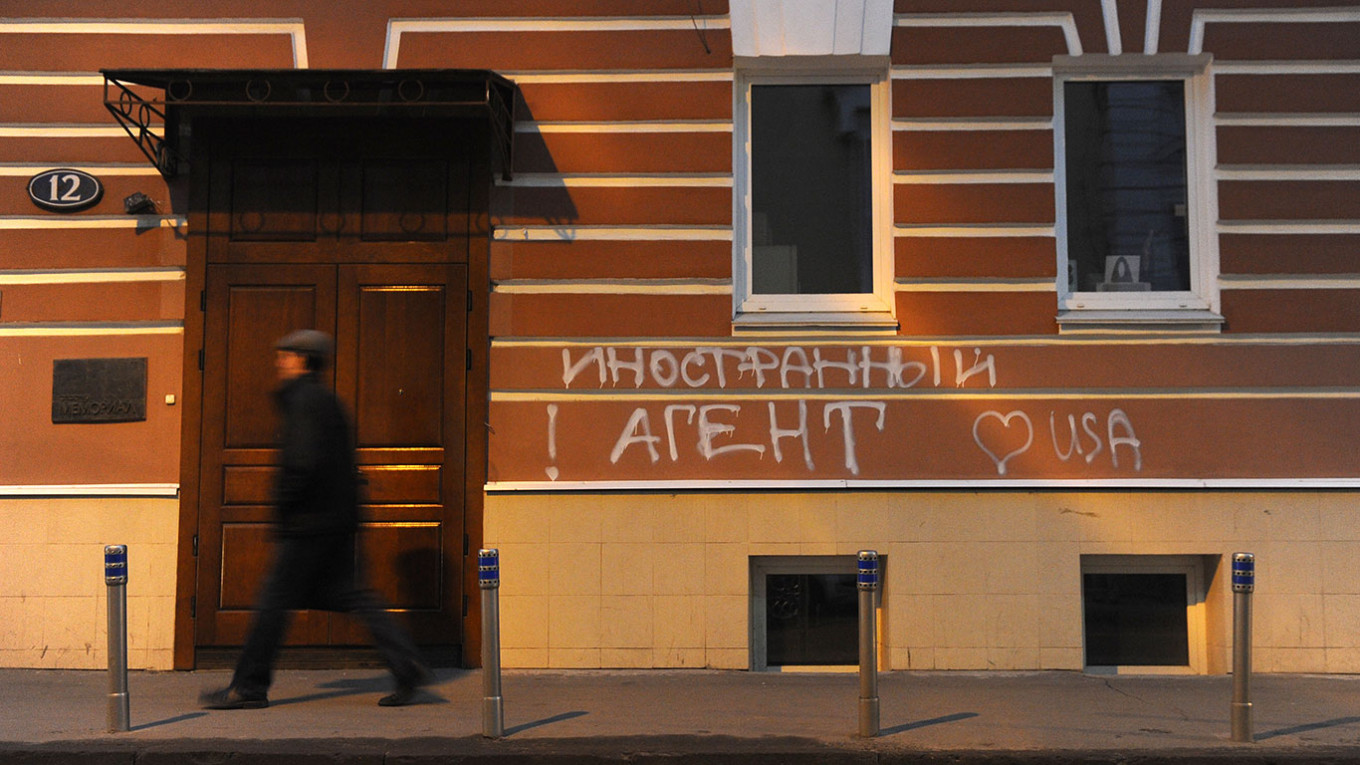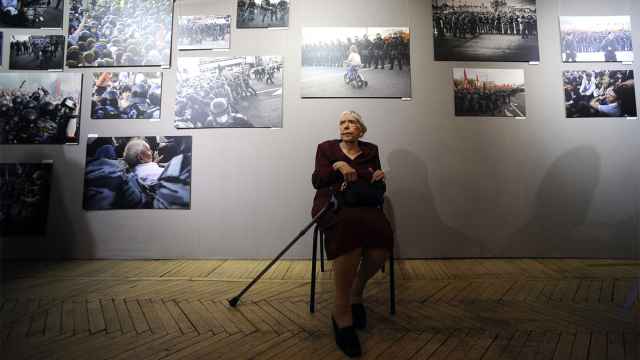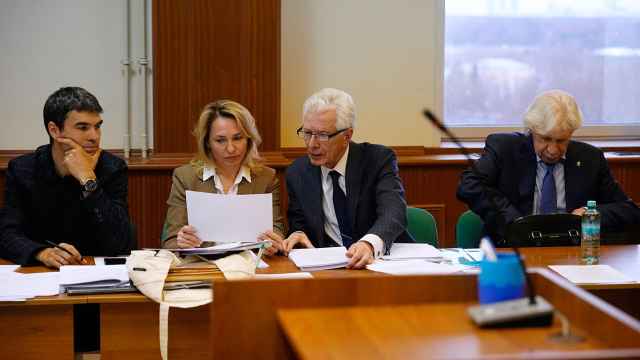Closing down respected Russian rights group Memorial would deal a "devastating blow" to civil society in the country, the secretary-general of pan-European rights body the Council of Europe said Friday.
The closure of "Memorial would deal a further devastating blow to civil society, which is an essential pillar of any democracy," said Marija Pejcinovic Buric, calling on Russian prosecutors to reconsider a move announced Thursday to close it down.
Memorial, Russia's oldest rights group, said it was notified by Russia's Supreme Court that prosecutors had filed a demand to dissolve the group over systematic violations of "foreign agent" legislation.
A term with Soviet-era undertones, the "foreign agent" status forces individuals or organizations to disclose sources of funding and label all their publications, including social media posts, with a tag or face fines.
Memorial, which has been regularly cited as a potential Nobel Peace Prize winner but never won, campaigns for the preservation of historical memory in Russia and against rights violations especially in the northern Caucasus region.
Buric described the move by the Russian prosecutors as "very regrettable."
She slammed the "foreign agent" status rule, saying "this law stigmatizes NGOs, media, and individuals and has had a repressive impact on civil society in Russia over recent years."
Memorial on Thursday said there was "no legal basis" for the case, saying it had been accused of failing to identify itself publically as a designated foreign agent.
"This is a political decision aimed at destroying the Memorial Society, an organization dedicated to the history of political repression and the protection of human rights."
A hearing about the prosecutor's case is scheduled for Nov. 25 at 11:00 a.m. Moscow time, according to the court website.
A Message from The Moscow Times:
Dear readers,
We are facing unprecedented challenges. Russia's Prosecutor General's Office has designated The Moscow Times as an "undesirable" organization, criminalizing our work and putting our staff at risk of prosecution. This follows our earlier unjust labeling as a "foreign agent."
These actions are direct attempts to silence independent journalism in Russia. The authorities claim our work "discredits the decisions of the Russian leadership." We see things differently: we strive to provide accurate, unbiased reporting on Russia.
We, the journalists of The Moscow Times, refuse to be silenced. But to continue our work, we need your help.
Your support, no matter how small, makes a world of difference. If you can, please support us monthly starting from just $2. It's quick to set up, and every contribution makes a significant impact.
By supporting The Moscow Times, you're defending open, independent journalism in the face of repression. Thank you for standing with us.
Remind me later.






